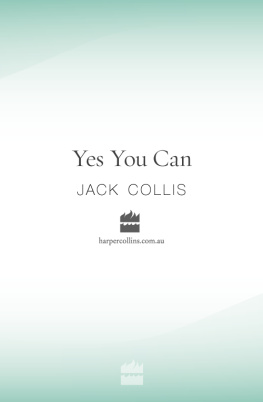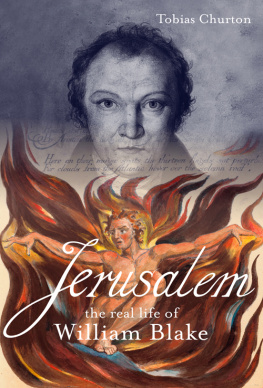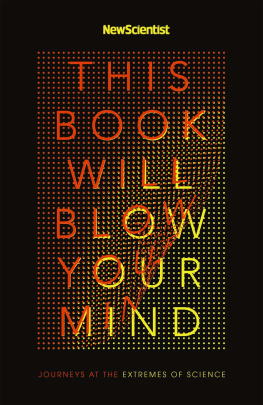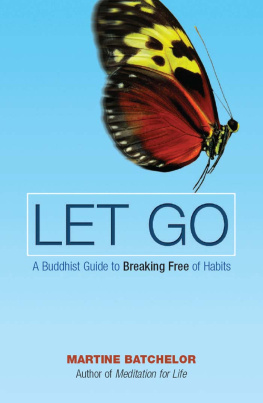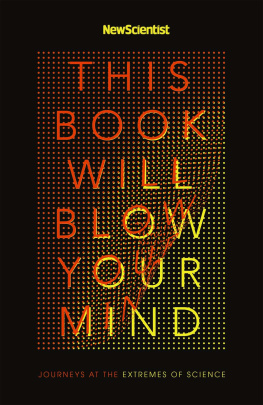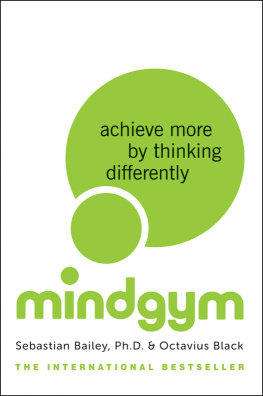How can we free ourselves from mental suffering? How can we unlock what the poet William Blake referred to as the mind-forged manacles - those unhelpful, unfounded and inflexible habits of thought which keep us from reaching our true creative potential?
This book provides practical advice on how to achieve this.
But it also offers an imaginative holistic theoretical framework for an understanding of the nature of the universe, the psychological history of the human race and the meaning of life.
How To be Free
by Joe Blow
OBOOKO Edition published by Aussiescribbler
Copyright 2011 Joe Blow
Cover image from http://www.123rf.com ,
This edition is available free of charge exclusively to obooko members: it may be amended and updated at any time by the author so please visit www.obooko.com to ensure you have the latest edition. Although free of charge, this work remains protected by Copyright and must not be sold in digital or printed form.
The Author
Joe Blow is the pseudonym for a man who, though currently happy and high functioning, has had a long history of mental illness, including endogenous depression, bipolar disorder and obsessive compulsive disorder. This book is the product of a lifelong struggle to integrate flashes of insight and powerful symbols which appeared to him, often during what we might define as psychotic episodes, with observable reality and a rudimentary knowledge of science by appropriating useful concepts from the work of such iconoclastic thinkers as Wilhelm Reich, R. D. Laing, Keith Johnstone, William Blake and Oscar Wilde.
If asked whether this approach and this conceptual framework have provided him with a secure foundation for emotional stability, happiness and flowering creativity, Blow would reply, Well, so far so good.
Contents
The aim of this book is to set you free. But free from what? Free from neurosis. Free from the feeling that you have to obey authority. Free from emotional intimidation. Free from addiction. Free from inhibition.
The key to happiness, mental health and being the most that we can be is absolute and unconditional self-acceptance. The paradox is that many of our problems are caused by trying to improve ourselves, censor our thinking, make up for past misdeeds and struggling with our negative feelings whether of depression or aggression.
But if we consider ourselves in our entirety in this very moment, we know these things :
1. Anything we have done is in the past and cannot be changed, thus it is pointless to do anything else but accept it. No regrets or guilt.
2. While our actions can harm others, our thoughts and emotions, in and of themselves, never can. So we should accept them and allow them to be and go where they will. While emotions sometimes drive actions, those who completely accept their emotions and allow themselves to feel them fully, have more choice over how they act in the light of them.
Self-criticism never made anyone a better person. Anyone who does a good deed under pressure from their conscience or to gain the approval of others takes out the frustration involved in some other way. The basis for loving behaviour towards others is the ability to love ourselves. And loving ourselves unconditionally, means loving ourselves exactly as we are at this moment.
This might seem to be complacency, but in fact the natural activity of the individual is healthy growth, and what holds us back from it is fighting with those things we cant change and the free thought and emotional experience which is the very substance of that growth.
Divide and conquer - that is a key philosophy in military campaigns. And the same applies to the individual. An individual at war with themselves is easily dominated or controlled by others. If we want to become a free individual the way to do so is through individuation, allowing the divided parts of our nature to integrate into a unified whole.
We may feel that there is within us a battle between the desire to do things we feel are right and the desire to do things we feel are wrong. The battle of good and evil.
But what are good and evil?
Good is that which contributes to the health of the individual or the society or wider ecological system of which they are a part.
So what do we mean by evil? We could say that evil is anything which adversely effects the health of the individual or the system. But the term evil is a very strong one. Selfishness has a negative impact on the health of the system by interfering with the free flow of material, information or energy. But we wouldnt consider minor acts of selfishness, like eating more than our share of a piece of cake, to be evil. Evil is a term we use to describe those acts which cause significant suffering or otherwise do major harm. The essence of evil is the imposition of the will. If we take something from somebody against their will - their life, their property, their dignity, their humanity - this is clearly evil. But also it is an act of evil to try to control anothers behaviour through fear or guilt or other forms of deliberate manipulation. The fact that such behaviour has a dire impact on the health of the individual and the social system can be demonstrated when we consider that the worst forms of socially-sanctioned cruelty we know of - the Holocaust, the witch burnings, the Spanish Inquisition, the stoning to death of women by the Taliban - have been the work of societies in which the repression and control of the individual through fear and/or guilt were the norm.
Of course there is such a thing as necessary evil. We have to impose our will on those who behave destructively towards others, etc. But it must be recognised that this does not solve the problem of evil. At best it contains it. But, more often than not, even this is an illusion and the act of using our will to contain evil sows the seeds of more evil behaviour. Only the healing of individuals and of society can actually decrease the incidence of evil.
But what we need to understand, if we are to understand ourselves, is our own impulses to engage in destructive or dominating behaviour towards others.
If we have such impulses they originate in a lack of acceptance of some aspect of ourselves. Hostility towards others or the need to control others is projected self-contempt.
It is commonly acknowledged that the hostility of some heterosexual men towards gay men is due to a lack of acceptance of their own denied homosexual impulses. The same applies to all forms of hostility. Those who wish to hunt animals for sport, or otherwise mistreat them, don't want to accept that they are animals themselves and thus physically vulnerable in the same ways. Those who wish to harm children feel threatened by their disowned inner child. Men who wish to harm women are threatened by their disowned feminine side.
Anyone who is fully accepting of themselves feels no hostility toward others. They may be troubled by the hostility of others and oppose it, but they will not experience feelings of hostility themselves. If a wild animal attacks us, we may be distressed and do what we can to protect ourselves, even to the extent of killing the animal, but, if we are sensible, we feel no hostility towards that animal, recognising that it is behaving according to its nature. Our feelings about the hostility of other humans would be the same if we did not have in ourselves something of what they express in their hostile behaviour. Those who scream for the death penalty after a vicious crime, if not loved ones of the victim, are those who know that they have within them the same kind of rage as the criminal and feel the need for a harsh penalty for such crimes in order to feel secure in their ability to control themselves.
Next page
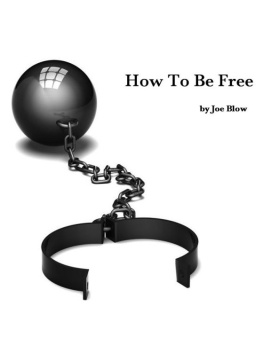
![Dzhon Hargrejv - Mind Hacking [How to Change Your Mind for Good in 21 Days]](/uploads/posts/book/875008/thumbs/dzhon-hargrejv-mind-hacking-how-to-change-your.jpg)
